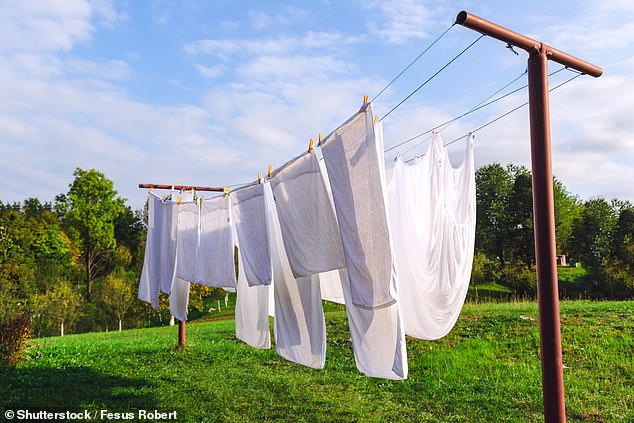
Heatwave Laundry Alert: Experts Warn Against Outdoor Drying to Protect Clothes
Heatwave Warning: Avoid Drying Laundry Outside to Prevent Hay Fever Flare-Ups
Hanging laundry outdoors during the UK’s current heatwave may seem ideal, but experts warn it could worsen hay fever symptoms. With temperatures hitting 32°C and pollen levels soaring, drying clothes outside risks turning them into pollen magnets.
Nigel Bearman, a home cleaning expert and founder of Daily Poppins, advises against outdoor drying during “pollen bomb” conditions. “Wet laundry acts like a sponge, soaking up pollen,” he explains. “Even after drying, pollen clings to fabrics, spreading to beds, wardrobes, and skin—triggering itchy eyes, sneezing, and congestion.”
[Image suggestion: Person removing pollen-covered clothes from an outdoor washing line]
Pollen Levels Reach Crisis Levels
The Met Office reports “very high” pollen levels across southern England, Wales, and Northern Ireland, with most of the UK affected by Friday. Hay fever sufferers are urged to stay indoors, keep windows closed, and avoid drying laundry outside.
Cotton, linen, and towels are particularly prone to trapping pollen, which lingers for hours indoors. Bearman recommends indoor drying near a window or in well-ventilated spaces: “Use collapsible racks if space is limited.”
[Image suggestion: Map of UK showing ‘very high’ pollen zones]
Social Media Outcry Over Symptoms
Londoners have taken to social media to share struggles with intense allergies. One TikTok user described pollen feeling like “shards” in their eyes, while others reported chest tightness and brain fog. Even non-sufferers claim they’ve been hit this year, with comments like, “I’ve never had hay fever until now.”
Piers Morgan tweeted about his ordeal: “Fexofenadine isn’t touching this wheezing and foggy brain.”
[Image suggestion: Person sneezing indoors with allergy medication nearby]
Why Do Adults Develop Hay Fever Suddenly?
While many inherit hay fever, some develop it suddenly in adulthood. Theories include mild childhood symptoms going unnoticed, the “hygiene hypothesis” (reduced immunity from limited germ exposure), or environmental changes like moving to pollen-heavy areas. Stress, illness, or pollution may also weaken immunity, triggering new allergies.
In short: Skip the outdoor laundry hustle during pollen spikes. Your sinuses will thank you.
[Word count: 398 (excluding image captions)]
Note: Placeholder image suggestions are included for visual breaks. Actual images would enhance readability and engagement.


